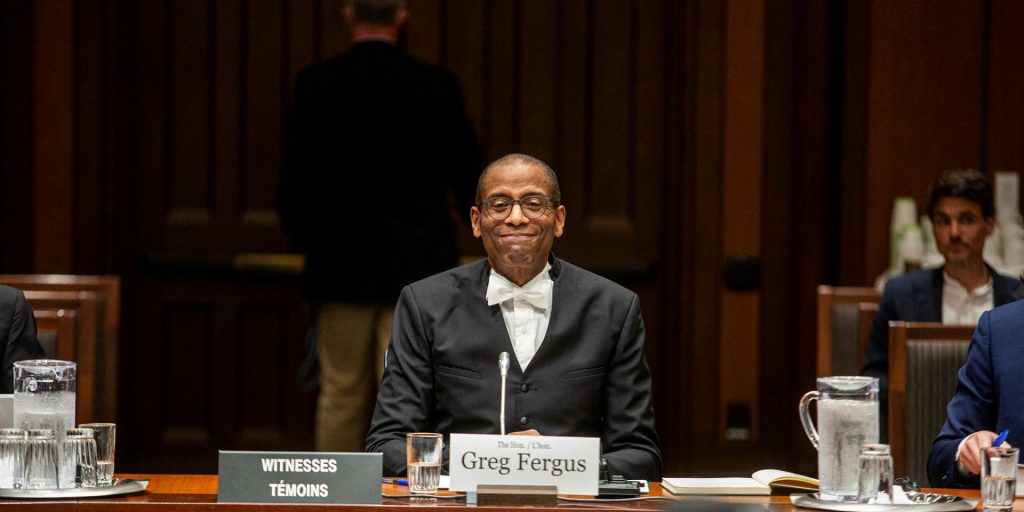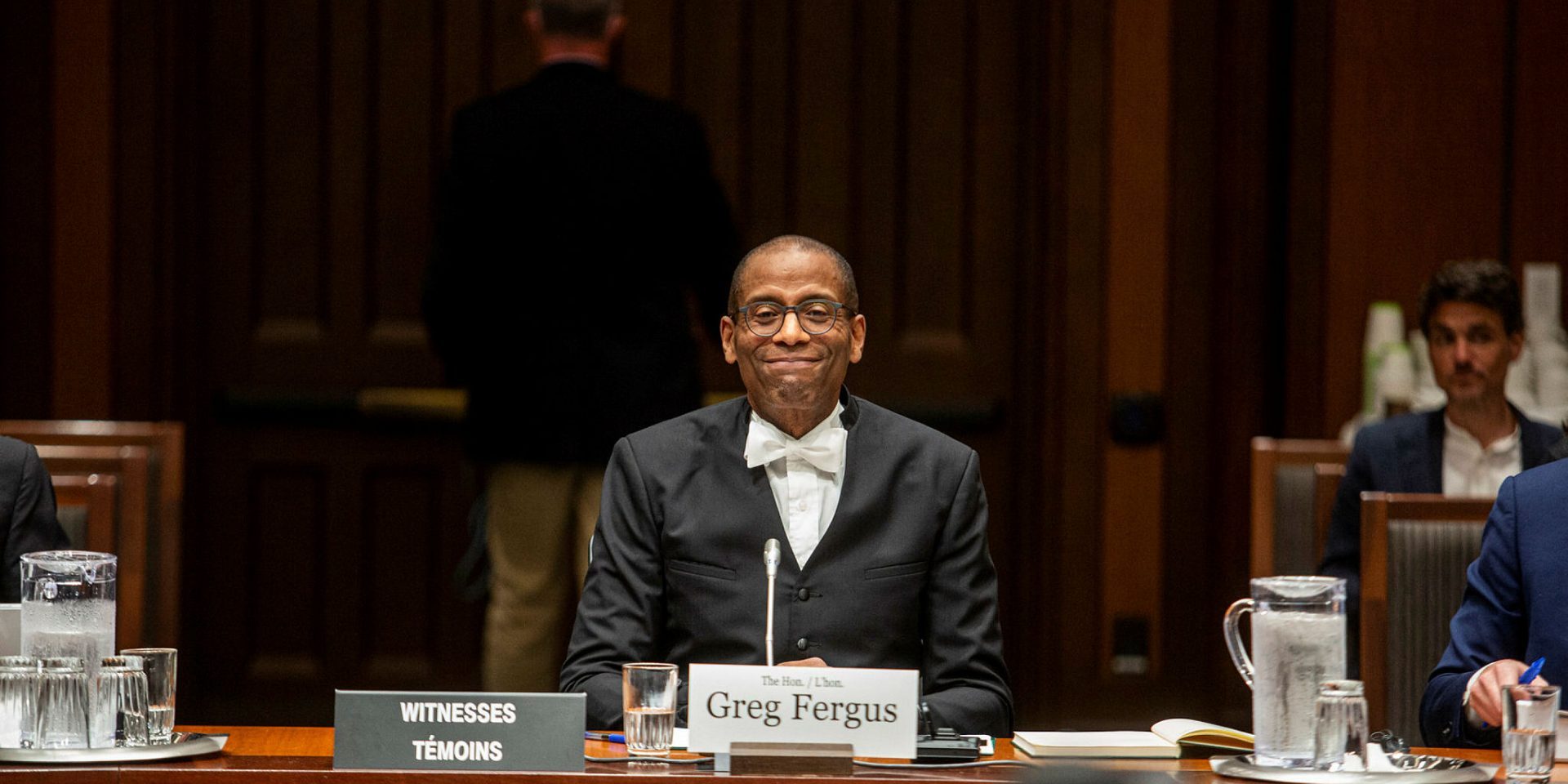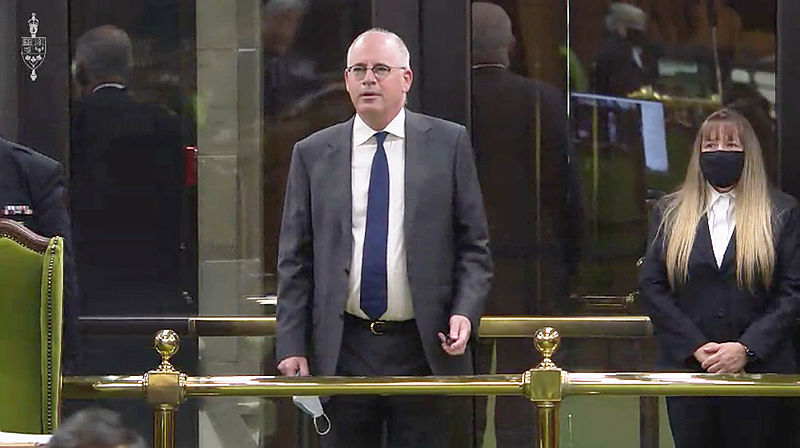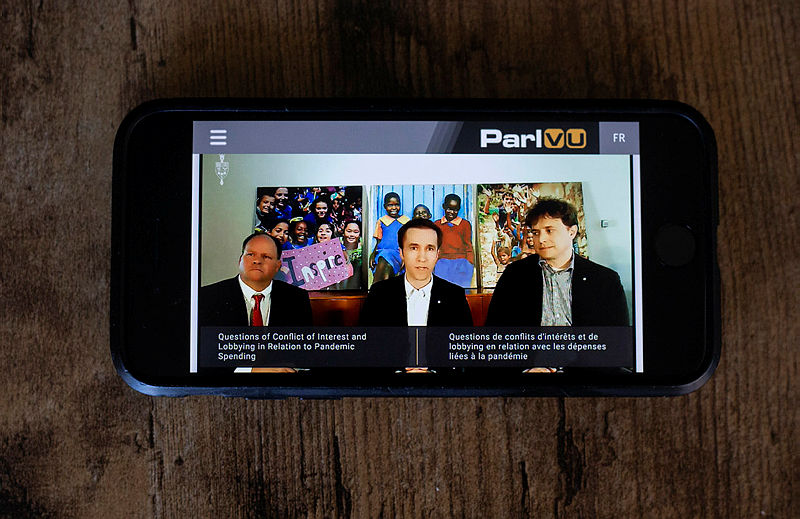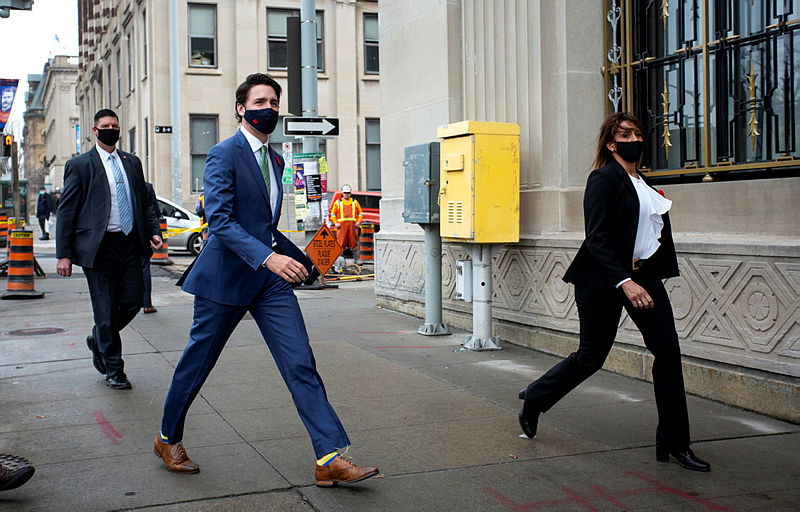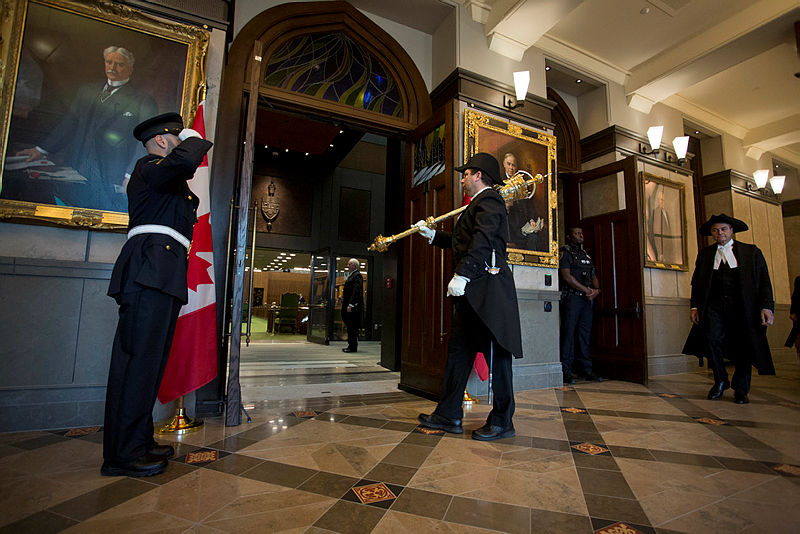- There is no constitutional basis in the law, powers, and privileges of the House to order documents to be given to the RCMP through
- There is no constitutional basis in the law, powers, and privileges of the House to order documents to be given to the RCMP through
- There is no constitutional basis in the law, powers, and privileges of the House to order documents to be given to the RCMP through

